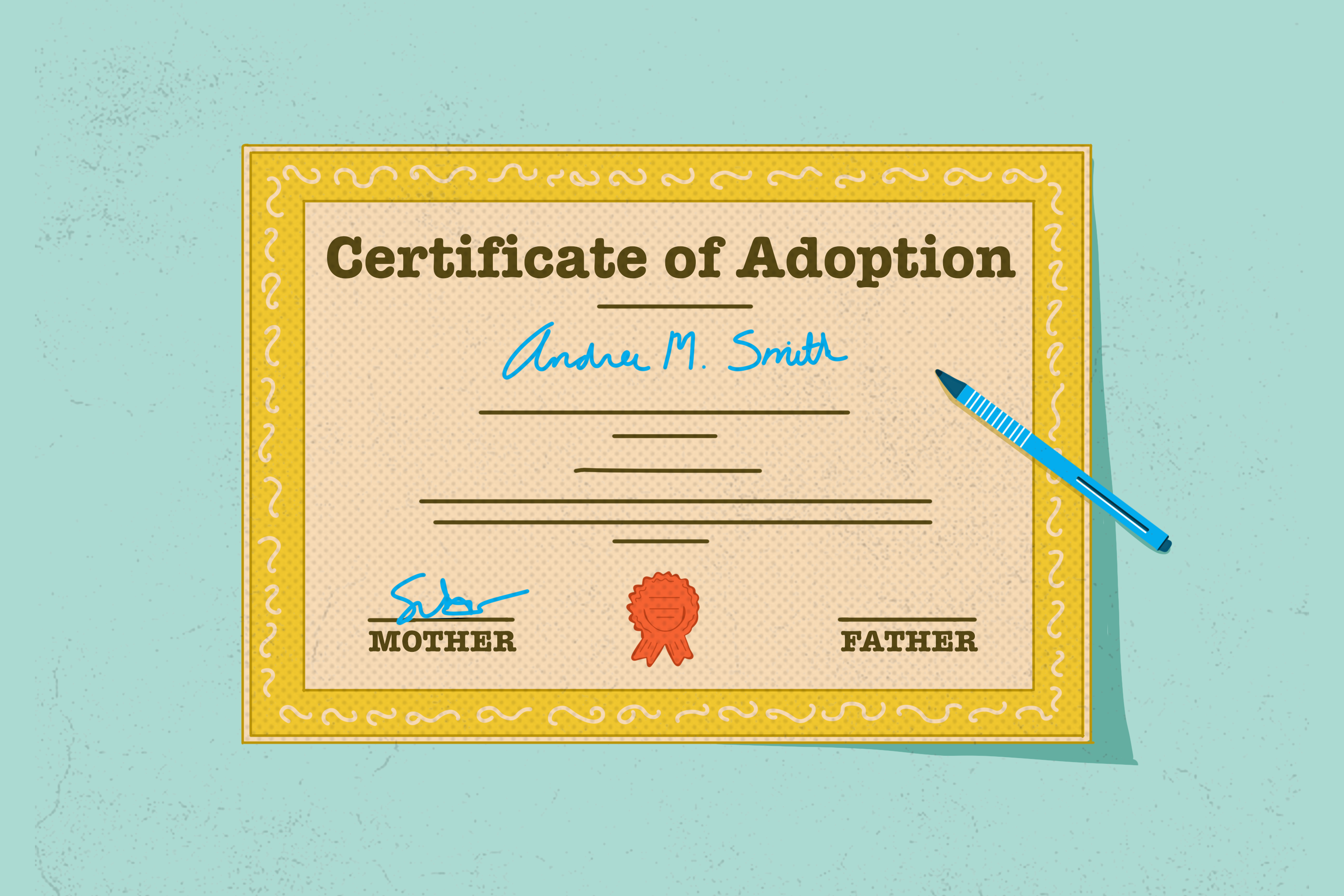
I am a father of three. My 7-year-old son is a result of my first marriage. My two younger children are a result of my current marriage. I have custody of my 7-year-old every other weekend and this has been the arrangement since he was 1. He recently told me that he wants to be adopted by my ex-wife’s husband, which would mean I would lose all custody. Am I doing more harm by forcing my son to be part of my family? Should I let my son’s stepfather adopt him?
Dear Dad With a Dilemma,
The fact that your primary concern is whether you may be harming your son shows that you have his best interest at the forefront, which is admirable in often intense custody battles when parent needs can become dominant. This thoughtfulness shows you genuinely want to do the best for your son. There are many factors to consider to help you continue to respond in a way that puts your son first.
Help Your Son Feel Heard
A common emotional experience of having divorced parents is feeling a lack of control or choice, and custody arrangements can amplify these feelings. Especially when a child's parents remarry and start new families, the child can feel out of control of their world. To address this helplessness, there is no doubt that even young children need to have a voice when living a life involving divorced parents and custody issues.
Young children are not developmentally equipped, however, to make decisions that affect the rest of their lives. With this in mind, there may be other ways to help your son feel like he has a voice when it comes to his living situation. Think about where he could have more choice than he does now—maybe which room is his bedroom, or trading weekends if there are reasons he wants to be at Mom's house on a Dad weekend.
Consider His Age
Despite the importance of supporting a child's voice in these matters, there's good reason younger kids do not have the power to make legally binding decisions. A huge consideration at age 7 is the inability to understand the permanence of a decision such as being adopted by his stepfather. A decision of this magnitude is best made when a child is much older and truly comprehends the whole meaning of adoption.
Even if you honored your 7-year-old's wishes out of respect for him, you may end up with unintended consequences. When he's older, he may interpret your compassionate decision as not fighting for him. From the lens of an older child, it could appear that you gave up your right to be his father because you didn't love him enough. A child's experience of worthiness of their parent's love is hugely profound, and the way you are looking at this now may ironically backfire later.
Dig Deeper
I am curious what has led up to your son's request to be adopted by his stepfather. At age 7, he is prone to magical thinking, which is a developmentally normal way of interpreting the world. Maybe he feels insecure about his stepfather wanting him as part of the family, so he thinks adoption will help him feel more wanted. There are many possible emotions and ways of thinking that could be influencing his request that adoption is not going to actually solve.
As a child psychologist, I regularly see this magical thinking in action. It's important to not only correct a child's misconceptions but identify and address the underlying emotions and beliefs. I would recommend your son meet with a counseling professional who can be a neutral third party to help tease apart all of his thoughts and feelings, and communicate them to you in a way that may help your relationship feel even closer. In the process, you can continue to be a stable, loving father, staying close and connected no matter what your son's up-and-down emotions may bring.
It is common for children in blended families to feel less valued and important than their stepsiblings who share parents, so make sure you have one-on-one time with him and tell him how important he is to you. Make sure he knows his value to your family as well. Maybe he has extra privileges that his younger siblings don't have, or responsibilities that make him feel special as the oldest child.
When to Reconsider
If your son's request persists into adolescence, consider it, but with a lot of external guidance and resources to ensure he understands the scope of the decision. When he is a teenager he will be more capable of having a mature discussion with you about the reasons for his decision. He can also better grasp the permanence of adoption, as well as the implications for you of no longer having legal rights as his father. This is way beyond a 7-year-old's comprehension level!
I also acknowledge that this type of request from your own child is one of the most painful experiences a parent can have. This challenges that ongoing responsibility we have as parents to put our children's needs above our own. Our own emotions are legitimate and we need to give ourselves permission to feel them, but in a way that doesn't take precedence over the emotional needs of our child. Kudos to you for approaching this process in such a loving way. No matter what happens in the future, this type of love and support is exactly what your son needs.
Submit your parenting questions here, and they may be answered in future 'Ask Your Mom' columns.
Emily Edlynn, Ph.D., is the author of The Art and Science of Mom parenting blog and a mother of three from Oak Park, Illinois. She is a clinical psychologist in private practice who specializes in working with children and adolescents.
Read more 'Ask Your Mom' columns:
